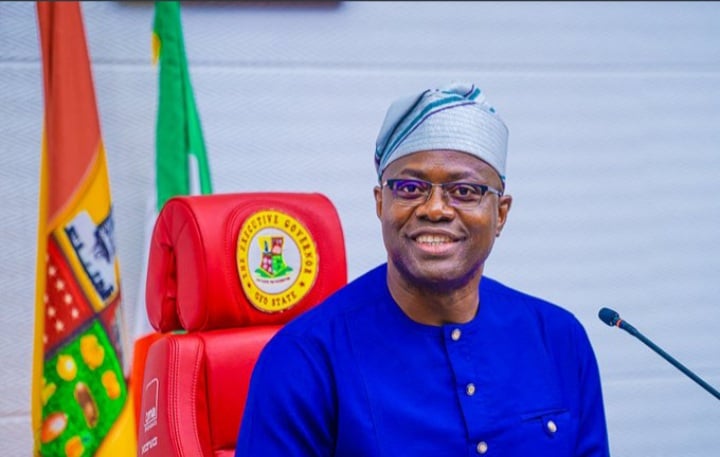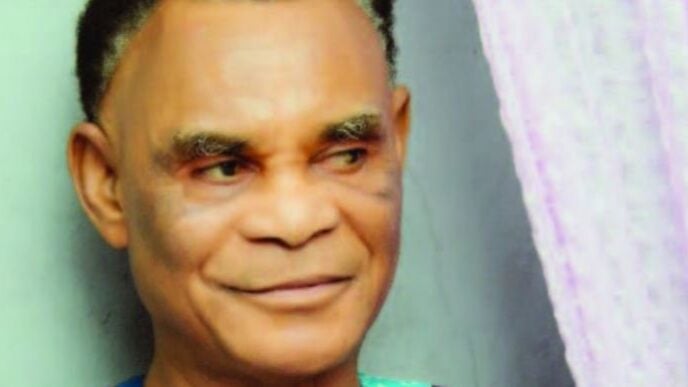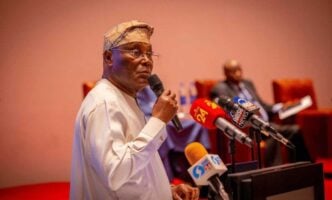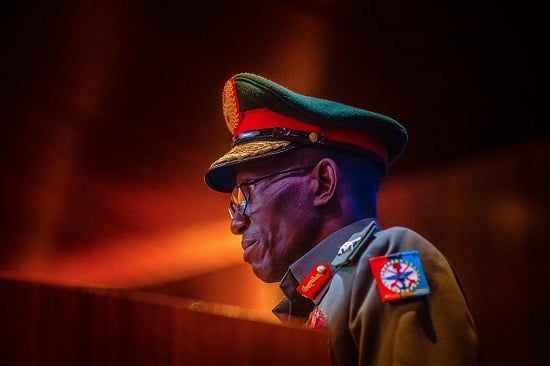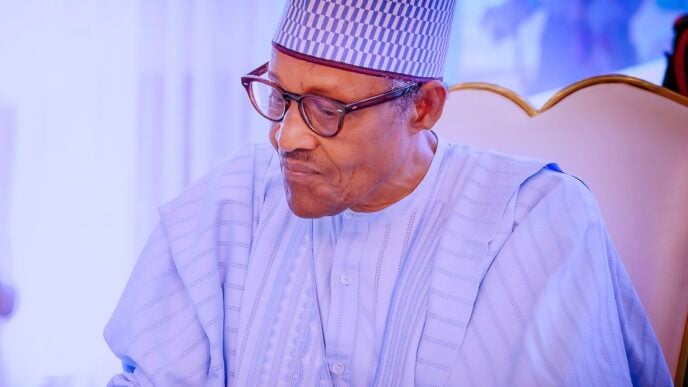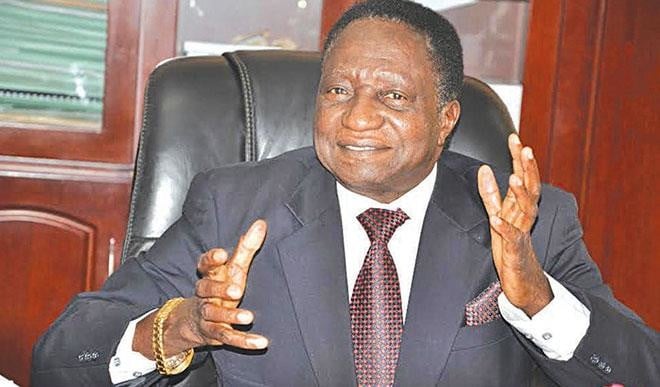Seyi Makinde, governor of Oyo state, says former Vice-President Atiku Abubakar’s exit from the Peoples Democratic Party (PDP) will not affect the party’s standing.
Abubakar resigned from the PDP on July 14, saying the party has strayed from its founding ideals.
The main opposition party has been enmeshed in crisis since the 2023 presidential election.
Speaking on Wednesday at the 10th coronation anniversary colloquium of Aladetoyinbo Ogunlade, the Deji of Akure, Makinde said Atiku’s exit will not dent the PDP’s structure or momentum.
Advertisement
The governor said the PDP is better off if members holding it down quit.
“Politics is a game of interest. I don’t think his exit will make any dent on PDP as a party,” Makinde said.
“PDP is an institution. We have freedom of entrance and exit. Anyone who holds PDP down, it is better for such an individual to quit.”
Advertisement
There are growing speculations that Makinde is considering running for the 2027 presidential elections.
Abubakar, who is also eyeing the presidency, has joined the opposition coalition to pursue his ambition.
Speaking on opposition politicians’ adoption of the African Democratic Congress (ADC) ahead of the 2027 elections, Makinde said the coalition poses no threat to the PDP.
“I don’t see ADC as a threat to PDP. The goal is about the same. If you are not happy about the tempo and pace of governance, you are free to associate and see what can be done,” he said.
Advertisement
“But one thing we must all realise is that players will come and go, governors will come and go, presidents will come and go, but our state and country will remain.”
Makinde said traditional institutions remain central to effective governance, resolving conflicts, and fostering community growth.
“Too often, traditional institutions are misunderstood. Some imagine frail old men who have outlived their relevance,” he said.
“Others view them as mere instruments of political endorsement. That mindset must change.
Advertisement
“Traditional institutions are not relics of the past. They are enduring pillars of identity, legitimacy, and communal cohesion.
“Long before Nigeria’s formal administrative systems took root, traditional rulers dispensed justice, upheld values, coordinated local security, and kept communities united.
Advertisement
“Reforming legal frameworks to provide clarity on the roles, rights, and recognition of traditional councils and strengthening our security architecture to formalise community policing strategies rooted in traditional structures.”
Makinde said traditional institutions remain custodians of grassroots, adding that “nation-building that ignores them does so at its peril.
Advertisement
“No wonder politicians continue to seek their blessings and validation,” he added.
Advertisement
